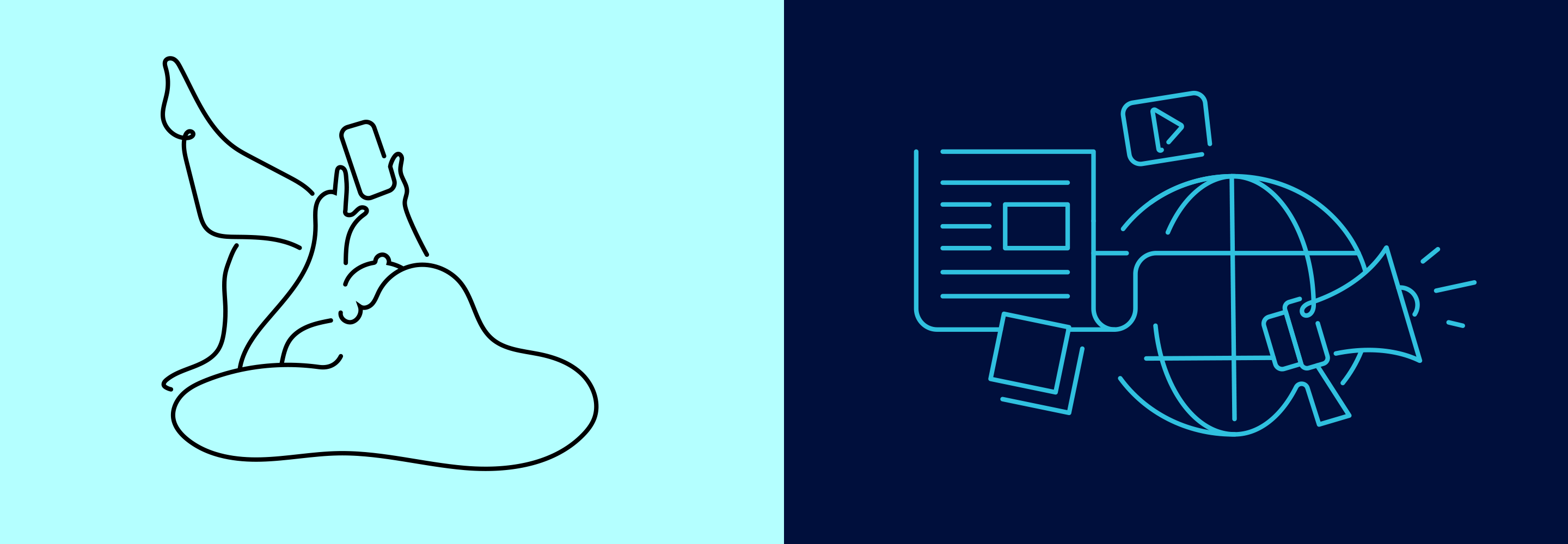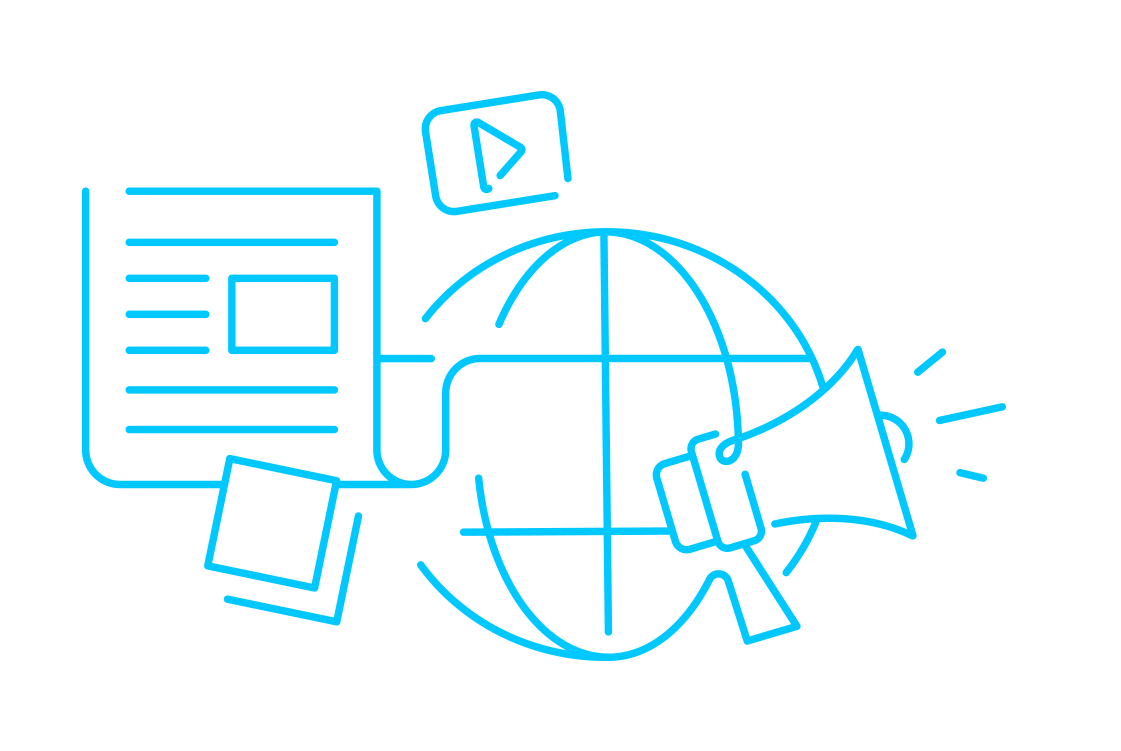Digital Outlook 2030: Consumer
The power of changing a billion decisions just a little bit.

Being a hero of sustainability is no easy task. Not only are we making a multitude of small decisions every day, but we are also subject to subtle cues in each other’s behavior. The market economy is a marvel of serving our whims and wishes, but it has a flaw. Underpriced resources tend to be overused, especially when there is no political governance. The climate crisis is a prime example of this. Digitalisation has some of the tools that may change that game, helping consumers to consider not only prices but also carbon footprint. But, as we have observed over the last decade, tools for good can also be tools for bad, and herein lies the need for responsible business.
To understand the power of digitalisation, it is helpful to consider how it changed the advertising industry. When newspapers moved from print to the internet, it was possible to display different advertisements to different people. Today, advertisements online are so spookily effective that many of us have thought ourselves surveilled when the ads on the phone appear to be a follow- up to the conversation. Surveilled we were, but it was the traces of our online behavior and not our conversations that fed the machine.
Other industries will follow suit, and we already have some indications of how this change can enamor the consumer with information to make better conscientious choices. For example, in our everyday life, we have learned to rely on the digital maps on our phones to navigate the daily rush-hour traffic and find the most efficient public transport. Google is currently working to roll out technology that will allow us the option of choosing the eco-friendly route as well.
Other map providers are sure to follow. For the individual, the cost of trading a little time against a small fuel saving is small, but for society, the impact can nonetheless be large if all choose to make the eco-friendly choice. Similarly, by analysing your preferences for foods and goods, your online retailer can suggest pertinent climate friendly alternatives to our daily staples and indulgences. In short, responsibly constructed digital experiences can sway our decisions towards climate friendly products and use what we have more effectively through sharing and secondhand markets. Tangible changes are within our reach.
While digitalisation can contribute to good, it will come with dilemmas. As more of our lives are lived digitally, we are making more decisions online, and more data is collected. In this world, it may be tempting for an insurance company to nudge us towards a better, safer lifestyle, but this can also be ethically challenging. A telling illustration is given by Kai-Fu Lee and Chen Qiufan in their book AI 2041. In their story, a young person is repeatedly nudged away from pursuing a romantic relationship because the family’s insurance company estimates that a different lifetime companion would be a more profitable choice for them. While the described mechanism is similar to nudging drivers towards safer driving styles, the ethical and societal implications are different. The power of changing a billion decisions just a little bit is the power to change our society for the better and for the worse.
To put us on the good path is going to require responsible leadership.

While digitalisation can contribute to good, it will come with dilemmas.